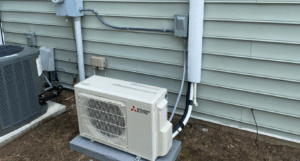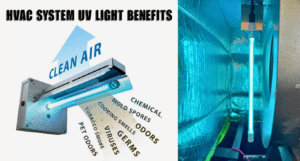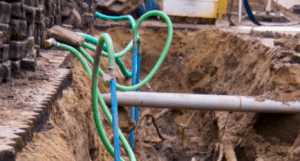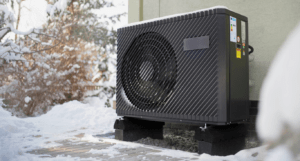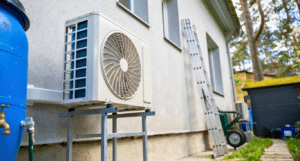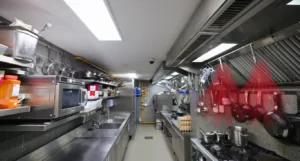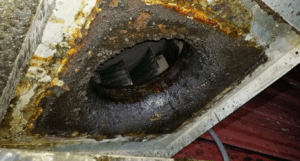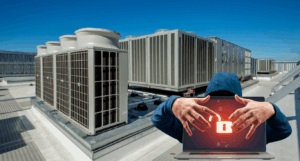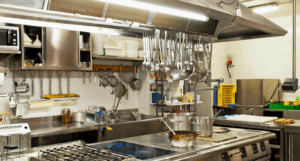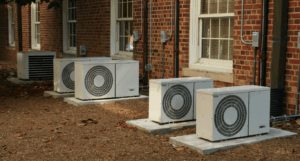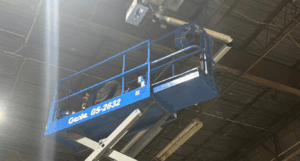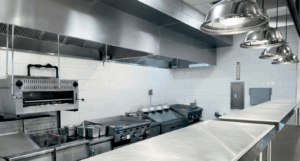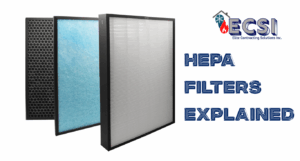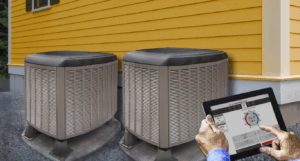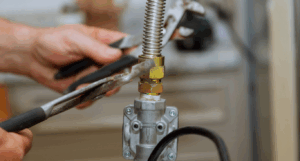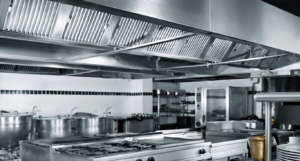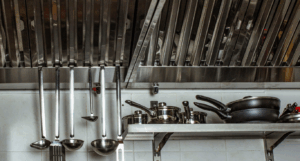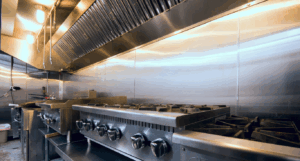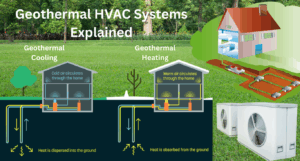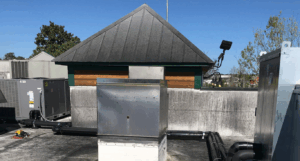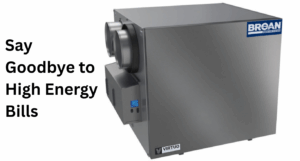Top Commercial Building HVAC Systems Explained
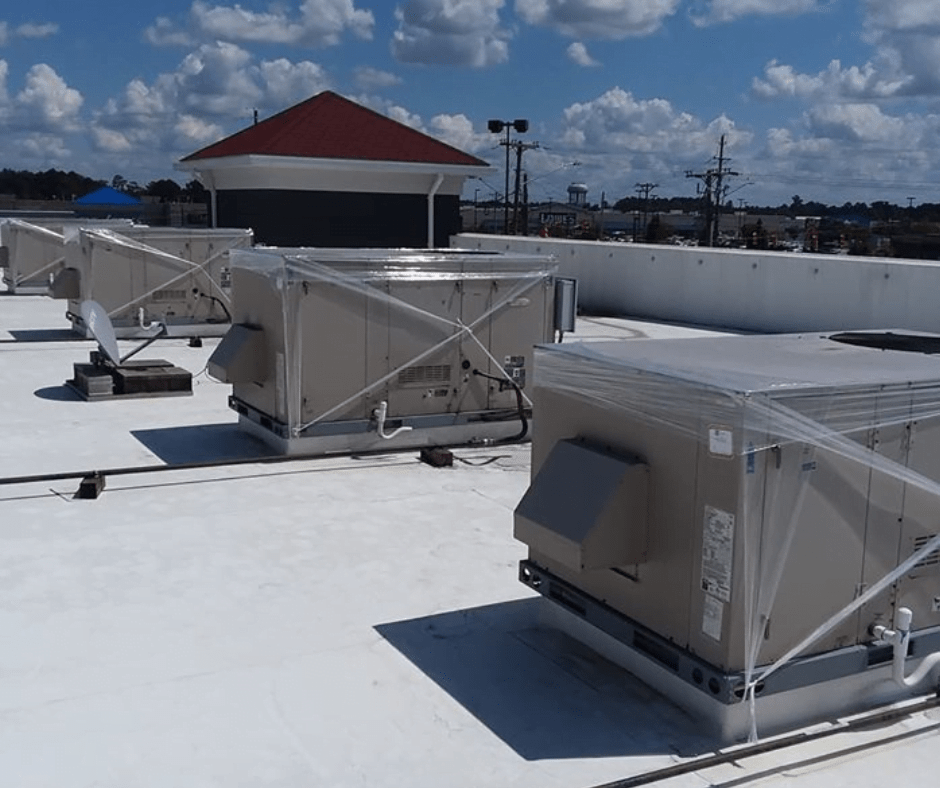
Table of Contents
Introduction to Commercial Buidling HVAC Systems
Keeping a commercial building comfortable year-round involves more than just setting a thermostat. Commercial HVAC systems are the backbone of indoor climate control, ensuring that spaces are properly heated, cooled, and ventilated. They are critical for maintaining a productive and healthy environment for occupants, whether they are employees, customers, or visitors.
A commercial HVAC system does more than just adjust the temperature. It also plays a vital role in air quality, humidity control, and energy efficiency. With advancements in technology, modern HVAC systems are designed to be more efficient and environmentally friendly than ever before. Understanding the basics of these systems can help you make better choices for your building and its users.
Commercial buildings come in all shapes and sizes, from small offices to large shopping centers and industrial complexes. Each type of building has unique requirements, and choosing the right HVAC system can make a big difference in performance and cost-effectiveness. Whether you’re dealing with a small office or a sprawling industrial complex, there’s an HVAC system that can meet your specific needs.
Understanding the role of commercial building HVAC systems is the first step toward optimizing your indoor environment. With the right knowledge, you can ensure that your building is not only comfortable but also energy-efficient and cost-effective.
Types of Commercial Building HVAC Systems
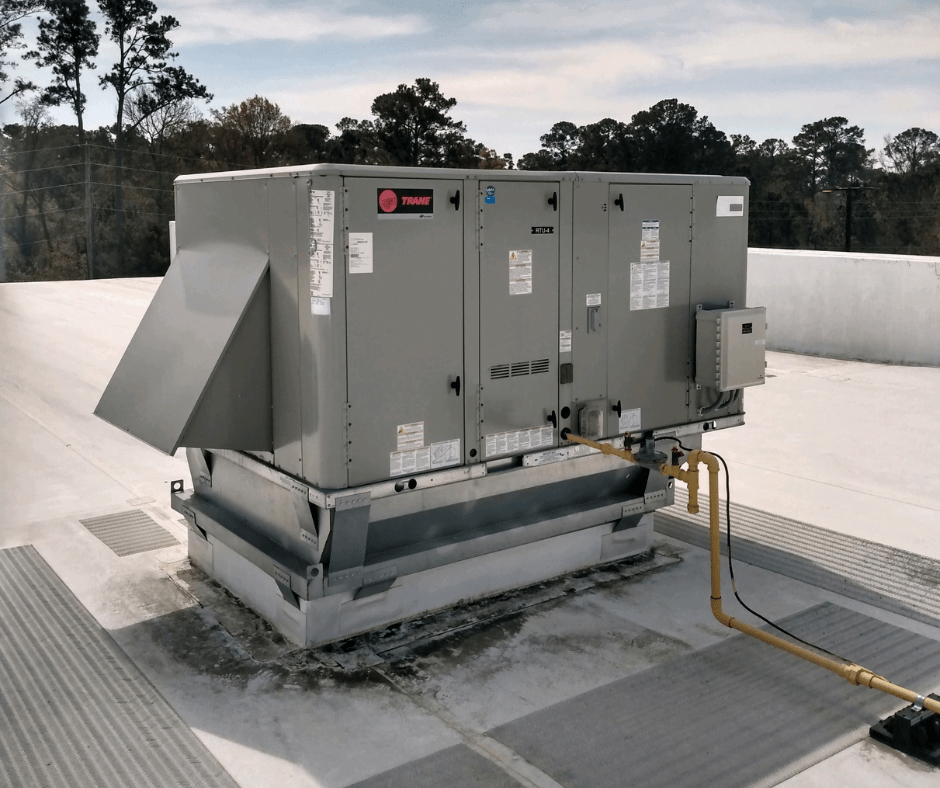
Commercial buildings use various types of HVAC systems, each tailored to specific needs. Here are some of the most common options:
1. Single-Split Systems: Perfect for smaller spaces like offices and shops, these systems are budget-friendly and straightforward to install. They allow individual control over different areas, enhancing comfort and efficiency for your business.
2. Multi-Split Systems: These are similar to single-split systems but can connect multiple indoor units to one outdoor unit. Ideal for larger spaces, they offer improved control over multiple zones, making them versatile for various layouts.
3. Variable Refrigerant Flow (VRF) Systems: Known for their excellent energy efficiency, VRF systems can provide heating and cooling at the same time. They are suitable for medium to large buildings and offer precise temperature control for different zones.
4. Chilled Water Systems: Commonly used in large buildings, these systems require a central plant to produce chilled water. They are highly effective for cooling extensive spaces and are often found in industrial complexes and large commercial properties.
Understanding the strengths of each system can help you make an informed decision for your building. Each type offers unique benefits tailored to different sizes and operational needs, ensuring that you can find the perfect match for your commercial space.
Benefits of Efficient HVAC Systems
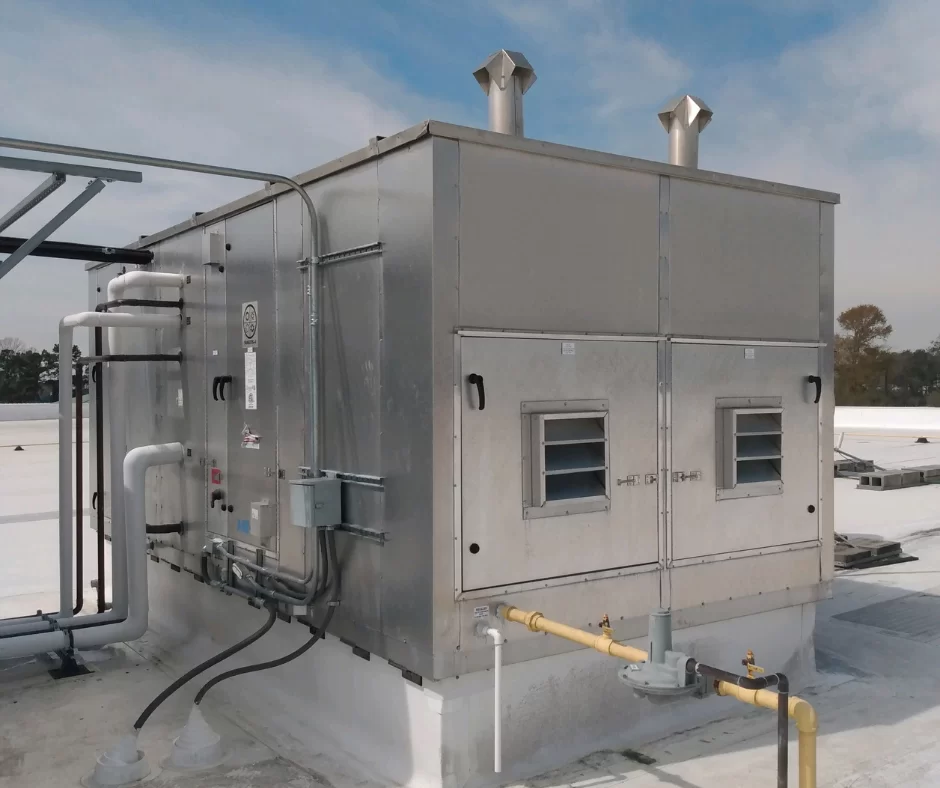
Efficient commercial building HVAC systems can transform the way a commercial building operates, providing numerous advantages:
– Energy Efficiency: Modern HVAC systems are designed to consume less energy while delivering optimal performance. This efficiency translates into lower utility bills, making it a cost-effective choice for building management.
– Enhanced Comfort: Advanced commercial building HVAC systems offer precise temperature control, ensuring that every area of the building maintains a consistent and comfortable environment. This improved climate control can boost productivity and overall satisfaction for occupants.
– Improved Air Quality: Efficient systems often come equipped with better filtration and ventilation options. This means cleaner air, reduced allergens, and a healthier indoor atmosphere, which is especially important in commercial settings where air quality can significantly impact health and well-being.
– Reduced Environmental Impact: By using less energy, efficient HVAC systems help to lower the building’s carbon footprint. This is an important step toward sustainability and demonstrates a commitment to environmental responsibility.
– Operational Savings: Over time, an efficient system reduces the overall operational costs associated with heating and cooling. This includes savings on energy expenses as well as reduced maintenance and heating and air conditioning repair costs due to the system’s reliability and advanced technology.
– Scalability and Flexibility: Modern HVAC systems are designed to adapt to the changing needs of a commercial building. Whether the space expands, contracts, or undergoes changes in usage, an efficient system can easily adjust, maintaining optimal performance without significant overhauls.
Investing in an efficient HVAC system brings multiple benefits, from cost savings and environmental responsibility to enhanced comfort and health for building occupants. These systems are a smart, long-term investment for any commercial property.
Factors to Consider When Choosing Commecial Building HVAC Systems
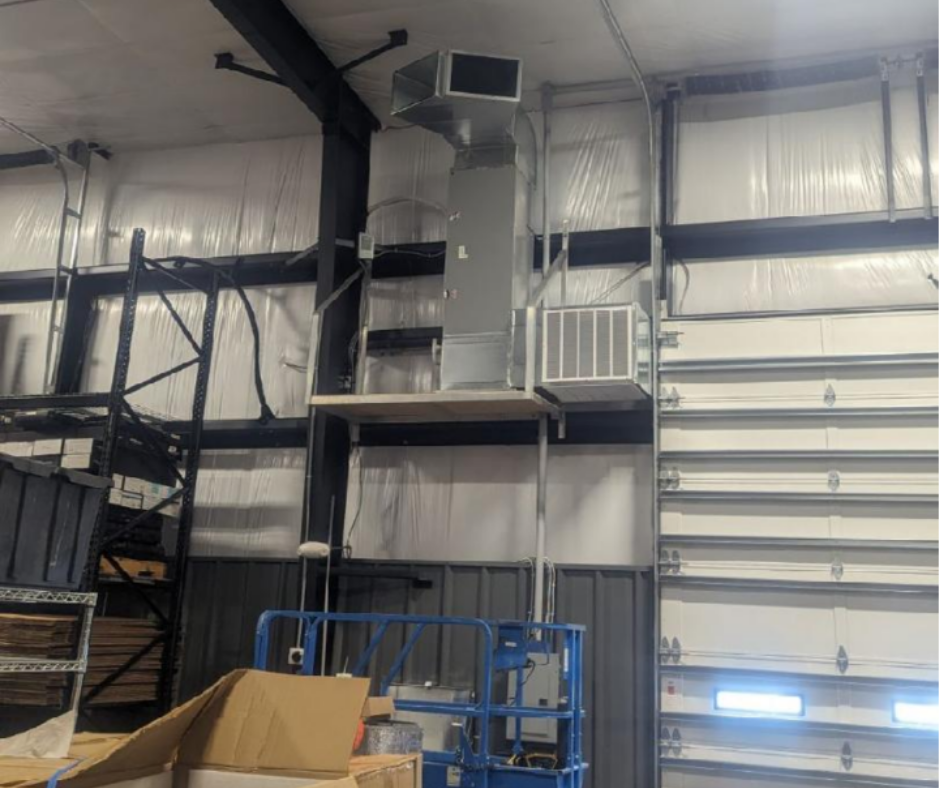
Selecting the idea commercial building HVAC systems for your building requires thoughtful consideration of various factors to ensure optimal performance and efficiency.
First, take into account the size and layout of your building. Different areas might need varying levels of heating or cooling, and a system that can handle these zones effectively will be more efficient and cost-effective.
Next, consider the local climate and environmental conditions. Regions with extreme temperatures or humidity levels will have different HVAC needs. Make sure the system you choose can perform well under these specific conditions.
Think about the unique requirements of your building. For example, buildings that house sensitive equipment may need precise temperature control and enhanced air filtration. Similarly, buildings that experience fluctuating occupancy levels, like event centers, might benefit from systems with flexible capacity.
Energy efficiency is another crucial factor. Opt for systems that offer high energy efficiency ratings to reduce utility costs and contribute to sustainability goals. Commercial building HVAC systems with smart controls and automation can further enhance efficiency by adjusting settings based on real-time conditions.
Lastly, factor in the ease of heating and cooling maintenance and availability of professional HVAC servicing company in your area. A heating and cooling system that is easy to maintain and has accessible service options will help ensure long-term reliability and performance.
By carefully considering these factors, you can select an HVAC system that meets the unique demands of your commercial building while providing comfort and efficiency.
Top Picks for Commercial HVAC Systems
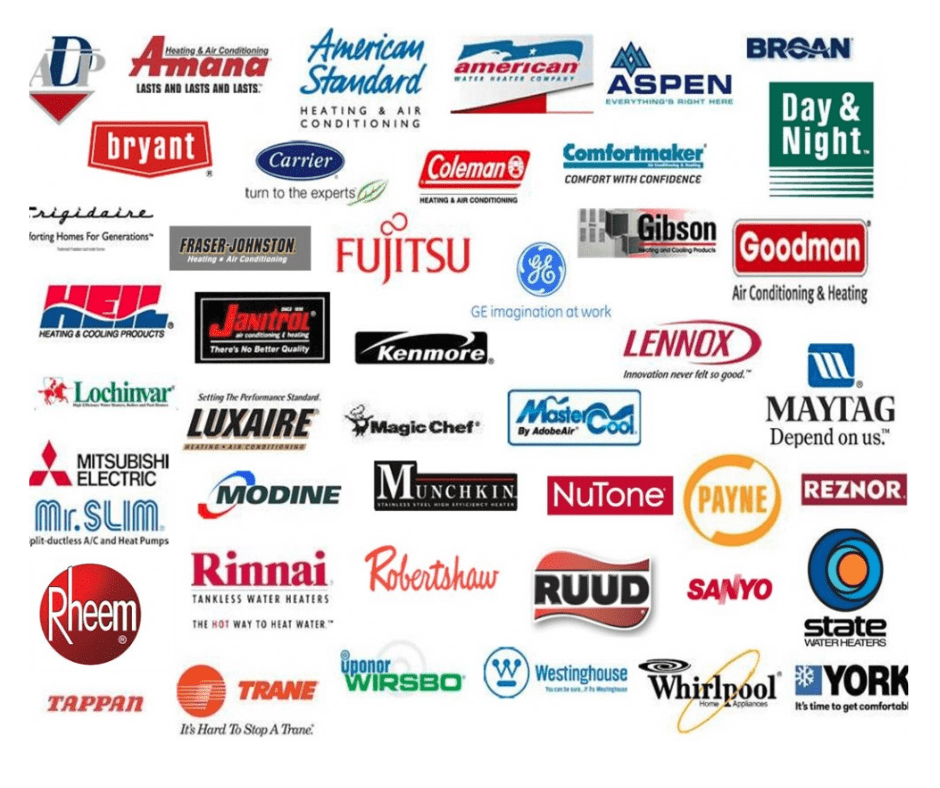
When selecting commercial building HVAC systems for your building, it’s important to consider reliable heating and air conditioning brands that offer cutting-edge technology and proven efficiency. Carrier stands out for its innovative and energy-efficient solutions, making it a top choice for various commercial needs.
Trane is another industry leader known for its durable HVAC systems and advanced features, such as smart controls that enhance performance and ease of use. Daikin also excels with versatile and user-friendly HVAC options, incorporating the latest technologies to ensure optimal efficiency.
These brands have earned their reputation through consistent performance and advanced technological integration, providing heating and air conditioning systems that can meet the diverse needs of commercial buildings. Whether you need precise temperature control, enhanced air quality, or energy savings, these top picks offer reliable options to consider.
Maintenance and Upkeep
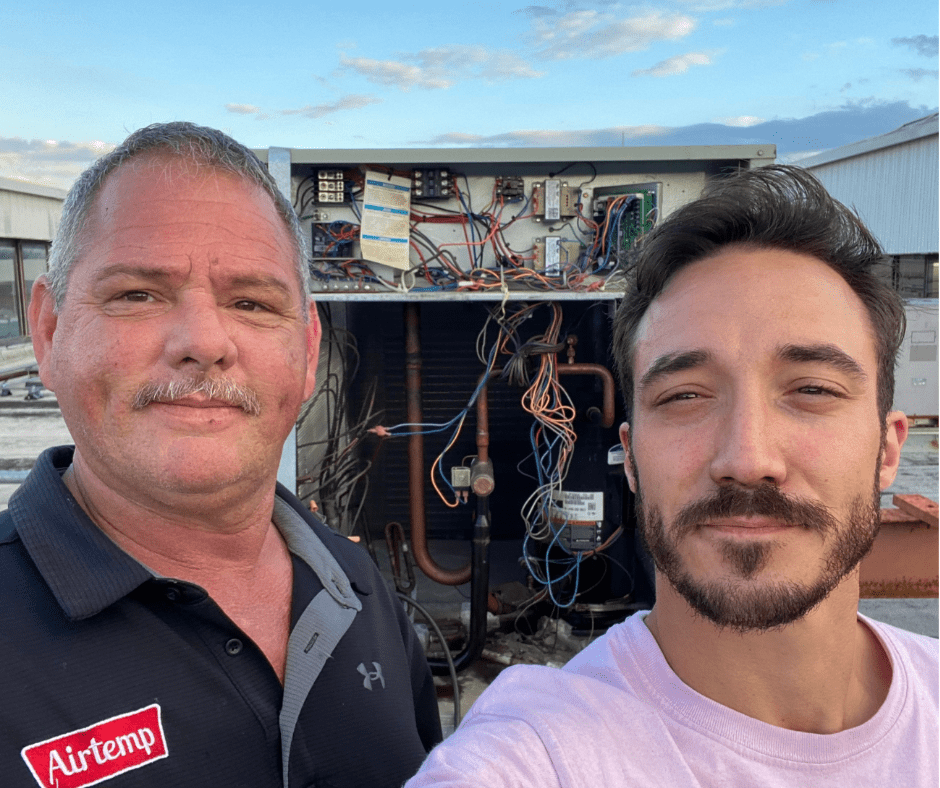
Regular cooling and heating maintenance is vital to ensure the efficient operation of commercial building HVAC systems and to prolong their lifespan. Begin by scheduling routine inspections, which can help detect minor issues before they escalate into costly problems. Consistent checks allow for timely interventions that can prevent unexpected breakdowns.
Another crucial task is to regularly clean and replace filters. Dirty filters can reduce air quality and strain the system, leading to inefficiency and higher energy consumption. By keeping filters clean, you maintain good air quality and ensure the HVAC system operates at its best.
It’s also essential to engage qualified HVAC professionals for periodic servicing. These experts can perform thorough inspections, clean the system, and address any specific concerns, ensuring your HVAC system remains in top condition. Professional heating and cooling servicing can include tasks like checking refrigerant levels, inspecting electrical components, and ensuring that all parts are functioning correctly.
Don’t overlook the importance of keeping the surrounding area of your HVAC units clear of debris and obstructions. This simple step can improve airflow and prevent the system from overworking. Regularly checking and cleaning the outdoor HVAC units can also prevent damage caused by environmental factors.
For commercial building HVAC systems with advanced features like smart controls, ensure that software updates are regularly applied. These updates can enhance system performance and improve energy efficiency.
By following these maintenance practices, you can keep your commercial building HVAC systems running smoothly and efficiently, providing a comfortable and healthy indoor environment for everyone in the building.
Conclusion and Recommendations
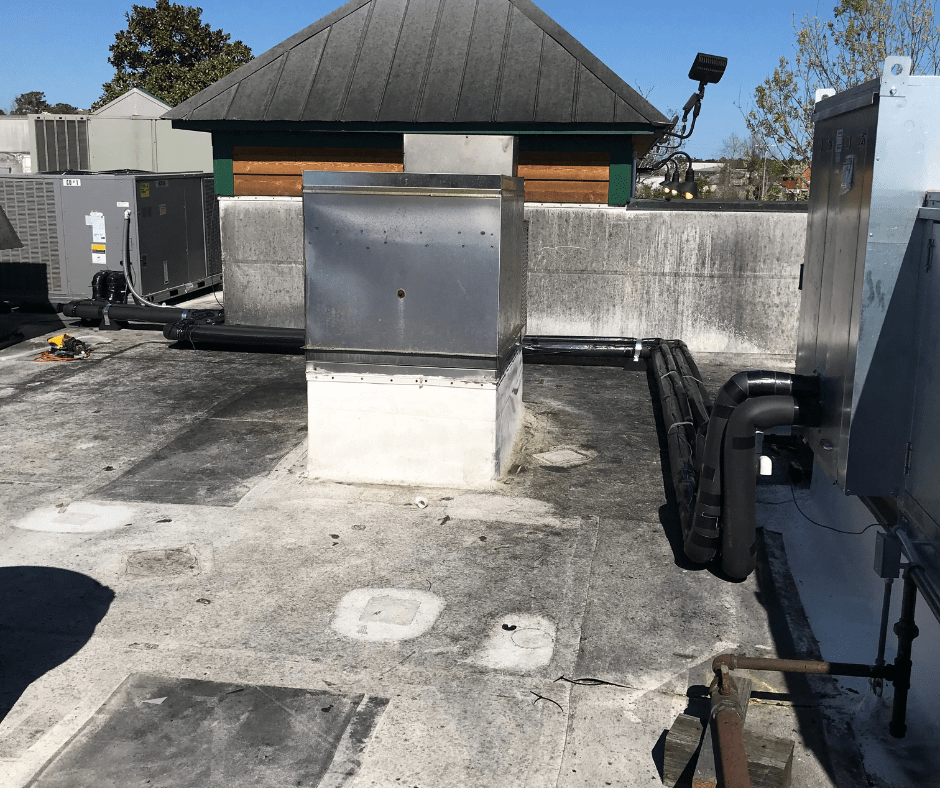
Choosing the right commercial building HVAC systems for your building can make a significant difference in both comfort and efficiency. Start by evaluating the size, layout, and specific needs of your building to determine which type of HVAC system will provide the best performance. Reliable brands like Carrier, Trane, and Daikin offer advanced, energy-efficient options that can cater to a variety of requirements.
Consider the local climate and how it may affect your HVAC needs. Commercial building HVAC systems that perform well under extreme temperatures or high humidity can ensure consistent comfort and efficiency. Additionally, prioritize systems that offer high energy efficiency ratings to reduce utility costs and support your sustainability goals.
It’s also crucial to think about ease of maintenance and the availability of professional servicing. Regular upkeep, including routine inspections and filter changes, is essential for keeping your system running smoothly and extending its lifespan. Contacting qualified HVAC professionals for periodic servicing can help address any potential issues before they become major problems, ensuring your system remains reliable.
Modern HVAC systems often come with smart controls and automation features that can enhance efficiency and ease of use. These features can adjust settings based on real-time conditions, further optimizing performance and energy use.
By carefully considering these factors and investing in a high-quality, efficient HVAC system, you can create a comfortable and productive environment for all building occupants. Proper maintenance will not only ensure longevity but also help in achieving long-term cost savings and environmental responsibility. Your choice of an HVAC system can have a lasting positive impact on both the operational efficiency and overall well-being of your commercial space.
For more commercial and residential heating and air conditioning installation, maintenance, and repair tips, be sure to read our following related articles.
